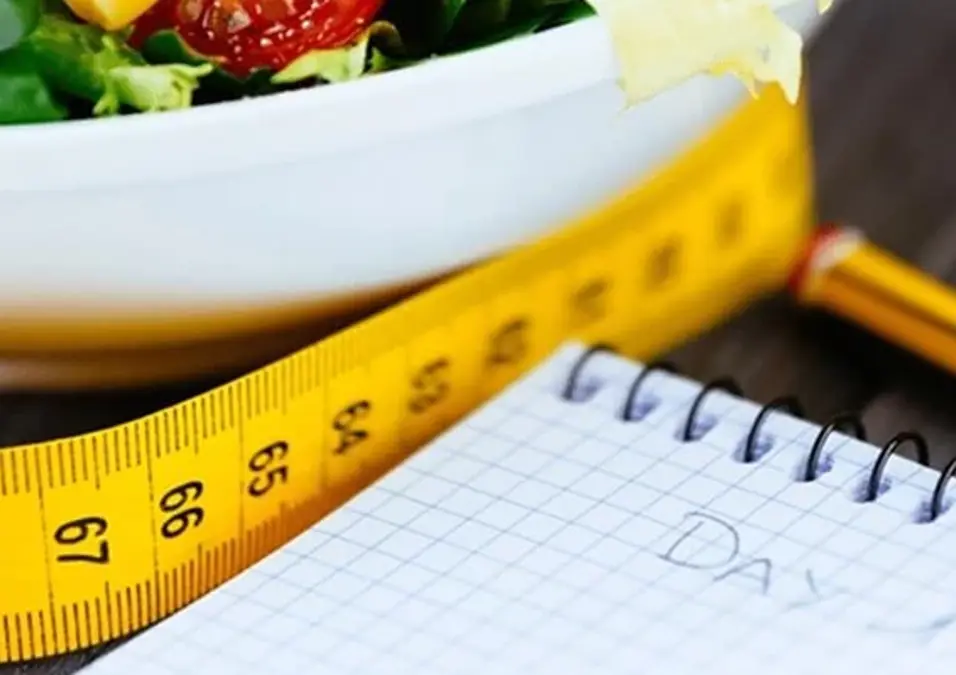Ramadan diet weight loss

SIGN UP FOR YOUR FREE DAY PASS TODAY!
How can you hit Ramadan weight loss; how can you use the unique Ramadan diet to lose weight and unwanted body fat in 2025?
Read more: TIPS FOR RAMADAN FASTING
Well, it’s actually quite simple, and you can do it easily enough.
Many people take the wrong approach with their Ramadan diet plan: or, rather, they don’t have any kind of plan at all. Instead of sorting out what nutritious, healthful foods they will be eating day by day, they reach for the easy calories: sugar, processed foods, unhealthy fats.
Resist this temptation, hard as it may be after a long day without food. It is understandable to think you’ve earned it, that you deserve it, after sticking to your fast. However, if you want to make the most out of your Ramadan diet and lose some weight, you need to be a bit more careful than this.
So, with this in mind, here are three rules that will help you to structure a good quality Ramadan meal plan and lose weight over the fast.
Explore More RAMADAN WEIGHT LOSS TIPS
Ramadan Rules for better diet to weight loss
1. Make sure you keep yourself hydrated
If you do nothing else on this list, keep yourself adequately hydrated, especially if you live in a hot country. If you can, make proper use of powdered electrolytes or isotonic drinks. Take them in plenty up until the break of dawn, and as soon as you break your fast in the evening.
Avoid caffeine, as it will only compound the problem.
Drinking enough fluids won’t just keep you hydrated, however. It will lead to a greater sense of appetite satiation throughout the day and will keep your sugar cravings to a minimum after sunrise. Try for a litre of water in the morning and evening, broken down into half litre servings before and after food.
2. Do iftar and suhur correctly
You only get a couple of chances to eat correctly during each day of Ramadan, so make sure you get them right.
Though it may be hard to get up and eat so early, make sure you honour Suhur and eat before sunrise. You will only end up starving hungry, with a tendency either to break your fast early or overindulge come sunset.
Don’t eat too much salt with suhur and skip the tea and coffee. These will only increase dehydration. Salt and water should feature heavily in your evening meal, not in the morning. Also, go for slower burning, more complex carb sources like oats or whole grain bread, mixed with protein like eggs. This will keep you fuller for longer.
Iftar shouldn’t be too heavy: try to resist the temptation to binge on heavy foods in a bid to make up for the calories lost during the day. Keep it light and balanced, with a good range of food sources taken in moderation. Allow your body the caloric deficit that comes hand-in-hand with periodic fasting and allow your fat reserves to dwindle as a result.
Going too heavy on iftar may also cause you gastric and digestive distress. Break your fast the traditional way, with dates and water, to avoid this and to keep your trips to the bathroom regular and healthy. However, only go for one to two dates, as they are high in sugar.
Try simple soups and broths made with vegetables like lentils or onions. Avoid creamy soups, as they can upset your stomach after a long day of fasting. Follow this with some vegetables or a salad, prepared with a healthy fat source like rapeseed, walnut or olive oil.
Then take a break. This is crucial, once more to maintain good digestive health, but also to help in stabilising blood sugar. Finish with a light dish of lean protein like chicken, accompanied by mixed carbohydrates.
Read more: BENEFITS OF FASTING RAMADAN
3. Keep active
Though exercise may be the last thing on your mind as the hot summer months hit you and you go all day without food and water, you still want to remain active. Though your training schedule should change, you still want to keep something going.
It’s not the best idea to commit to hard exercise, in which your heart rate goes much past 150bpm. Rather, keep it slow and steady, with walking, light jogging, light swimming and a little weight training forming a good core to your routine. Yoga, Pilates and calisthenics are also all good, as they are gentle, yet will help to strengthen and tone your body.
In the kind of fasted state, caloric deficit brought about by your Ramadan diet, a little will go a long way: your exercise schedule will chew through fat like at no other time of the year.














































































